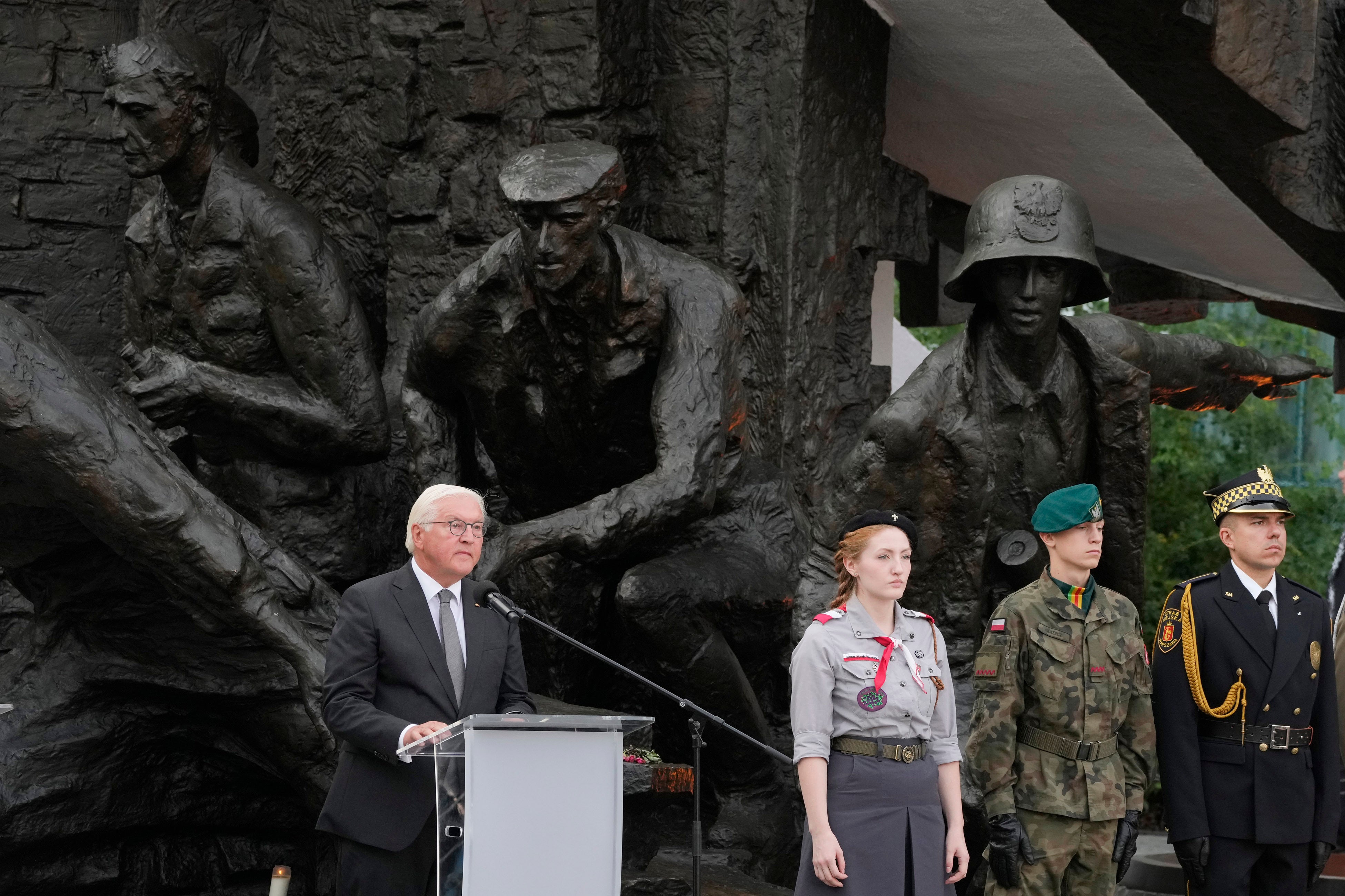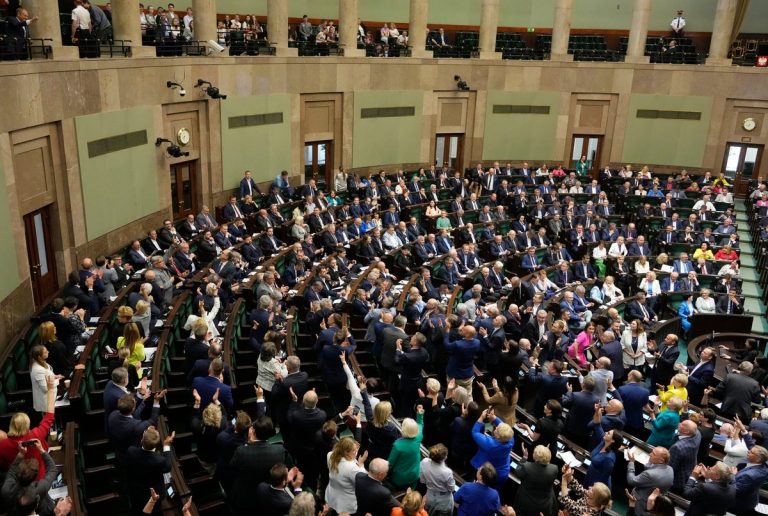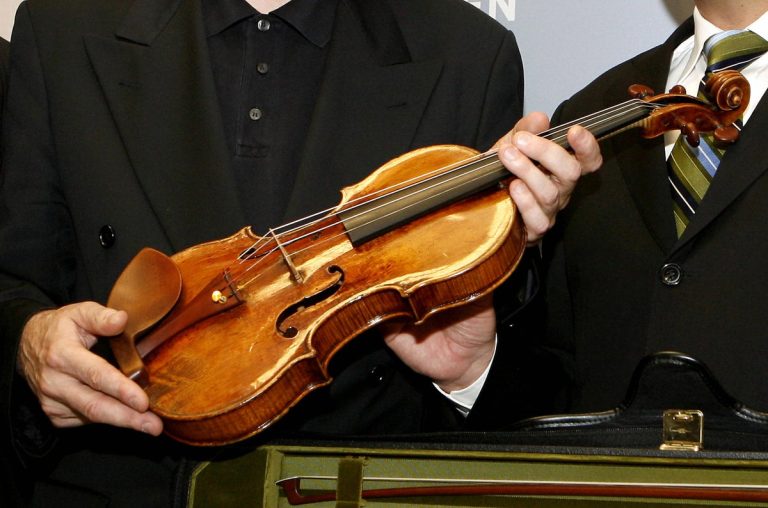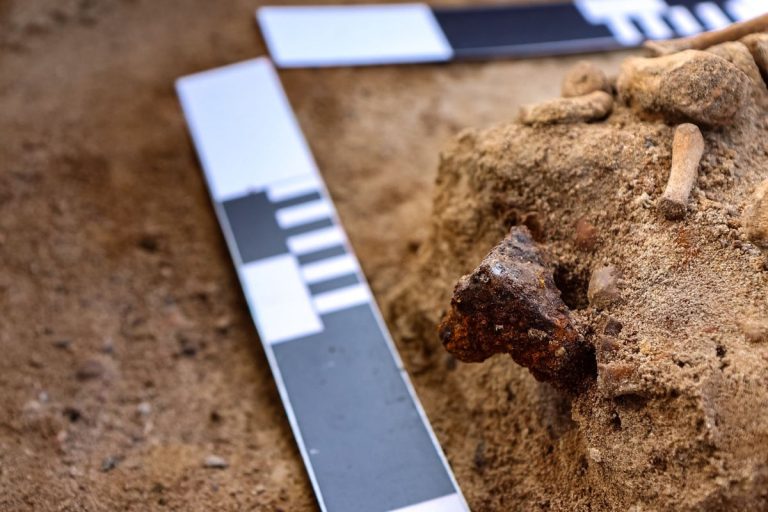Taylor Swift issues warning to fans heading to Thursday’s Eras Tour concert

Support truly
independent journalism
Find out moreClose
Our mission is to deliver unbiased, fact-based reporting that holds power to account and exposes the truth.
Whether $5 or $50, every contribution counts.
Support us to deliver journalism without an agenda.
Taylor Swift has issued a warning to her fans heading to Thursday’s concert.
The singer is telling Swifties traveling to her concert in Warsaw on Thursday to not panic, and expect to hear loud sirens in the afternoon honoring a key World War II anniversary.
The Polish capital is holding observances to mark the 80th anniversary of the start of the 1944 Warsaw Uprising, a 63-day revolt by Polish insurgents after five years of brutal Nazi German occupation. The entire city stops and alarm sirens sound every year on August 1 at the exact time in the afternoon when the revolt was launched.
“To the people who are coming to the concert on August 1st don’t panic if you heard sirens alarm about 5pm. It will be 80th anniversary & planes!” Swift’s “The Eras Tour” posted on social media.
Thousands of ticket-holders, many who are traveling to Warsaw from afar, will be in or near the stadium at that time already for the evening performance.
A Polish news site, Onet, also published an “important message for all Swifties who are going to the concert” explaining the significance of the day.
“We ask you to remain calm and not to panic. In this way every year residents pay tribute to the heroes of 1944. Those who will be at that moment already outside the stadium, please remain quiet and get up.”
 German President Frank-Walter Steinmeier speaks at commemorations to the Warsaw Uprising on the eve of the 80th anniversary of the doomed revolt against occupying German forces during World War II, in Warsaw, Poland, on Wednesday, July 31, 2024 (Copyright 2024 The Associated Press. All rights reserved)
German President Frank-Walter Steinmeier speaks at commemorations to the Warsaw Uprising on the eve of the 80th anniversary of the doomed revolt against occupying German forces during World War II, in Warsaw, Poland, on Wednesday, July 31, 2024 (Copyright 2024 The Associated Press. All rights reserved)
Swift is performing for three consecutive nights in Warsaw starting Thursday.
On Aug. 1, 1944, poorly armed young city residents rose up against the German forces that had brutally occupied their nation for five years, battling them in the streets of the capital for over two months. The Soviets were approaching in their march westward against the German forces, and the Poles held out hope for help.
The Germans, with their professional army and superior weaponry, killed 200,000 Polish fighters and civilians and razed the city in revenge.
Germany in past decades has made many gestures of remorse, helping to bring about reconciliation.
Poles, however, remain bitter toward the Soviets for allowing the slaughter when they could have intervened.
Today the uprising is remembered by Poles as one of the most important moments in a long history of independence struggles against Russia and Germany.






